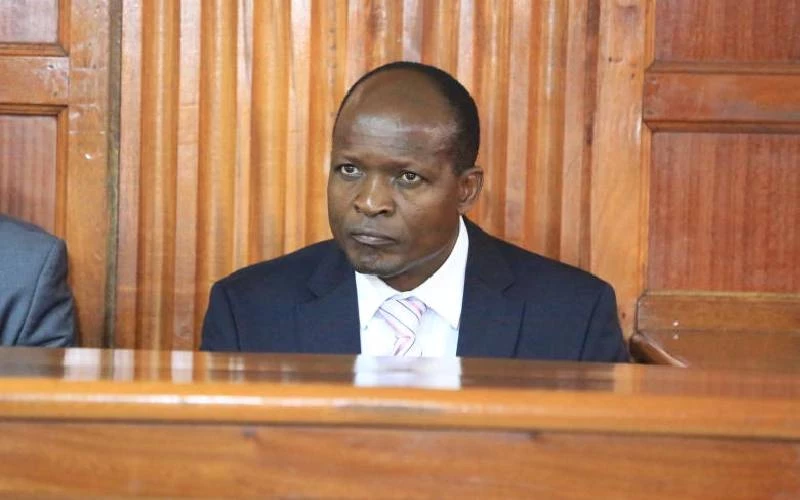×
The Standard e-Paper
Smart Minds Choose Us

The Office of the Director of Public Prosecutions (ODPP) has clarified that the corruption case against former Migori Governor Zachary Obado has not been dropped, countering recent allegations suggesting otherwise.